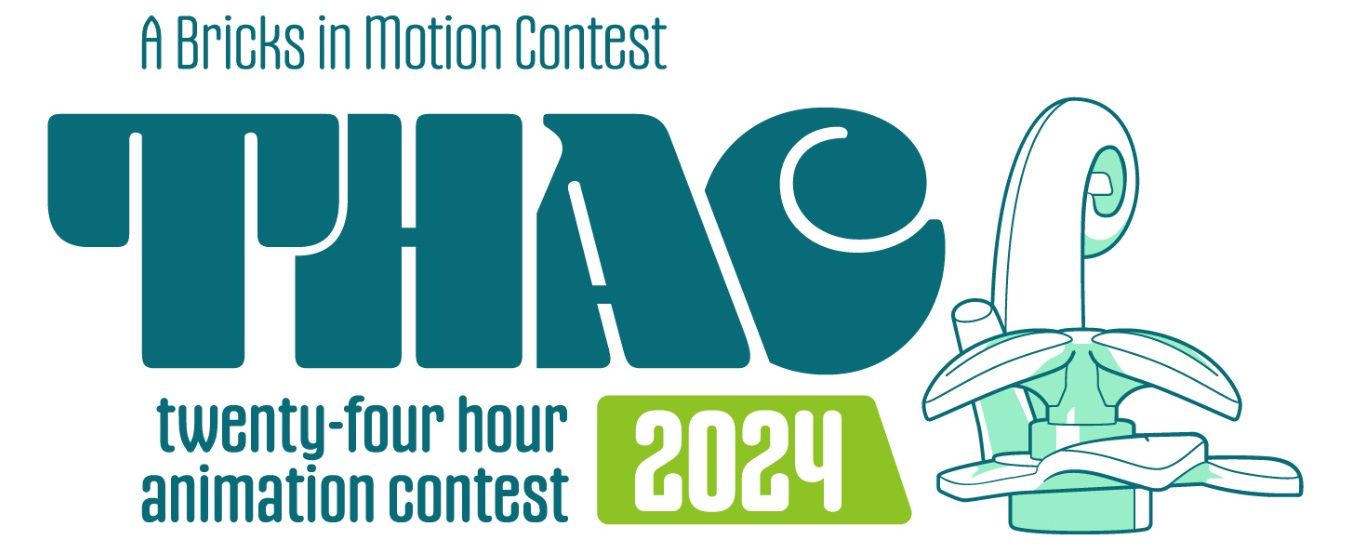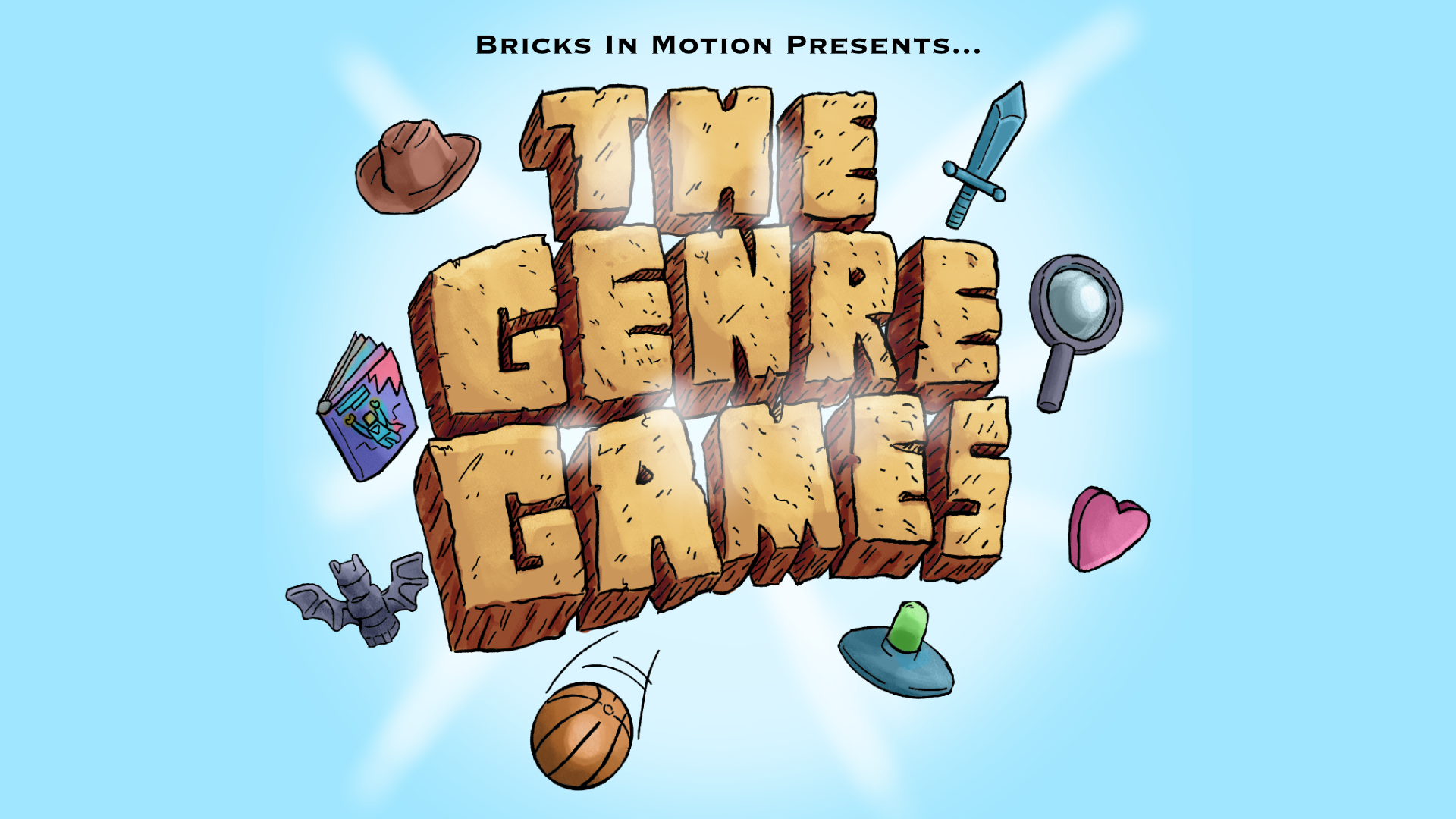First, decide if your film is going to be plot driven or character driven.
Plot Driven - you want to know your plot inside out. Sit down, write out each step of the plot and the steps necessary for the protagonist to erase the conflict. Whether the character is able to do that or not is up to you. You should also list all other possible scenarios for the situation. Let's say that your plot involves a fire burning and the protagonist is a fire fighter who has to put out the fire. What if the fire truck gets a flat tire? What if there's an accident on the way there? What if the protagonist has a sudden seizure? Make sure that you list plenty of other scenarios so that you can either model your plot after one of them, or find ways to limit those scenarios so that your film doesn't have holes.
After you've formulated your plot, think about which theme you want to convey. Don't try to hard to think of an "original theme" because in all of writing/film-making, there are generally only a few themes that are used over and over. Just think of a theme that will enhance your plot, and make viewers sympathetic. If your viewers are sympathetic, then the theme is very successful. However, it's impossible to pick a theme that will make every viewer sympathetic; everyone has different issues that they deal with. Therefore, your goal should be to make viewers that aren't sympathetic become empathetic. They might not be able to relate to the theme, but they should still be able to recognize where the writer is coming from. If your viewers do not feel empathetic or sympathetic, then the theme is not successful.
As for making the film unique; try use classic themes in different ways. As a writer, your first goal should not be to create a new concept, but rather enhancing concepts that already exist. There are millions of writers; it's highly unlikely that anyone of them has created a concept of their very own. The key is to twist concepts that exist and add your own flare. For example, sci-fi war movies are very common, but what if there was a protagonist who controlled the war through his emotions. If he is angry, then the fighting and tensions between the opposing sides intensifies. If he is calm and peaceful, then the opposing sides meet on equal terms. He now has to learn how to control his emotions to protect the safety of the galaxy. However, the conflict is that people know about his power. They want to use it to cause all out war so that they can rule the people as warlords. So now, the protagonist has to control his emotions, while fighting for his life, just to stop an all out war. This concept is not terribly unique. It involves a space war such as in Star Wars. It involves a man on the run such as in numerous films. And it involves a man who causes terrible things through his emotions such as the Hulk. But it's the combination of all these themes that creates an original story. That is what you want when you think of your plot and theme.
Lastly, for a plot driven story, you want the story to drive the action. The characters do not influence the progression of the film, but rather the events of the plot. This is very important as your focus should not be about the change of the protagonist, but rather the change of society due to the impact of the plot. To put it in simpler terms, the aftermath should be the result of the conflict, not the protagonists progression.
Character Driven - conversely, you need to know your characters inside out. Take extensive steps into getting into the mind of your characters. It starts out with something as simple as a name. Choosing a name for your character should be a result of their personality and background. Choose a name for your character based on their ethnicity, birth date, and the personality of their parents. For example, if a boy was born in 1923 and he was an Irish immigrant, he would not be named "Blaze Steelflex". Also, you should choose a name that is compound in either the beginning or the end, but not both. For example, "Shelley Fox" would be a suitable name. The first name is compound, and the last name is one syllable. Now, this isn't a sure fire rule, and there are many cases where this can be changed, but in general, this is a good rule of thumb when choosing a character name.
Now, you should know every single detail about your characters from their background to their favorite video game. This helps frame their actions and their vocabulary; it also drives their progression throughout the film. You should go through numerous "Character Exercises" to learn about your characters. These exercises range from writing a monologue as your character to actually living as your character for a day. By the end of the exercises, you should know how your character acts, what they like to do, every single quirk that they possess, who they like to associate with, what makes them cringe, what they are afraid of, the places they like to shop, the food that they like to eat, the type of people that attract them, and so on...
You should give your characters unique voices. By voices, I don't mean audibly necessarily, but they should be unique in how they dress, speak, and act. Each character should have their own style of slang, their own fashion sense, and their own tendencies. A reader of a script should be able to tell which characters are which by the lines of action and dialog, not by the heading of their names. Think about it, you probably know each of your friends inside and out. If you were blind, you could still likely tell which one was which because of their personalities and originality. It's what makes them them. You should do the same with your characters.
Lastly, you should know how your characters will change throughout the film, specifically your protagonist. Will they mature through the film? Will they grow an appreciation for the little things? Or will the grow to hate the world for what it is? These are obviously just examples, but you should consider these things when forming your characters. Also, opposite of the plot driven film, your film should be driven by the character's decisions and actions. By the end of the film, the protagonist should be changed in a character driven story.
In Closing - obviously there's much more to scripting then just this, but I don't have much time to type it all out at the moment. My last bit of advice is to experiment. Do whatever it takes to get those brain juices flowing. The great thing about brickfilming is that in most cases, you are both the script writer and the director. You don't have to cater to anyone else's preferences. You're the boss. Take advantage of that, and add your own style to your writing. Also, just enjoy the journey. If you're ultimately out of ideas, just sit back and take a look at yourself. Sometimes, looking in the mirror is a great start to writing a great script!
-JP









